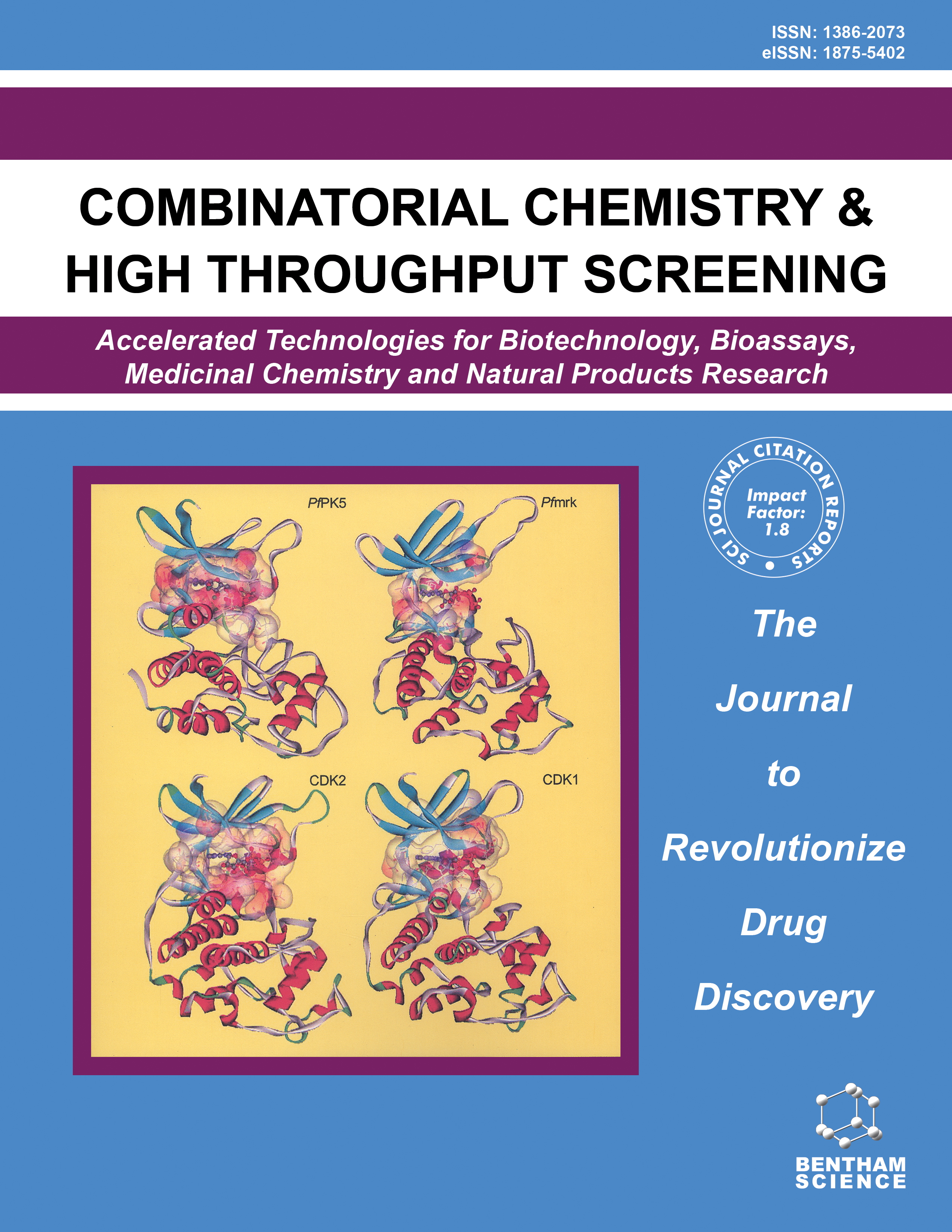
Full text loading...

Nanomedicine integrates nanotechnology with healthcare, offering targeted diagnostics, therapeutic solutions, and preventive applications. India, through agencies such as the Indian Council of Medical Research (ICMR), the Department of Biotechnology (DBT), and the Department of Science & Technology (DST), has prioritized nanomedicine to address public health challenges. Despite significant progress, gaps persist in clinical translation and interdisciplinary applications.
To analyze the scope, gaps, and opportunities in nanomedicine research in India, focusing on ICMR-funded projects.
Data on nanomedicine proposals submitted to ICMR (2018–2022) were reviewed using keyword-based searches from databases and survey responses from principal investigators. Metrics included funding trends, research objectives, and outcomes. Quantitative and qualitative analyses assessed scientific progress and translational potential.
Over the past five years, the ICMR has funded over 250 projects, with a focus on cancer therapy, infectious diseases, and diagnostics. Achievements include nanoparticle-based drug delivery systems and diagnostics, with notable innovations like Albupax® and gold nanoparticle-based sensors. Research activity increased over the years, with a slight slowdown during the COVID-19 period. Funding was primarily allocated to states with established research infrastructures, underscoring the need for more equitable support nationwide.
Nanomedicine research in India has made significant progress, primarily in cancer; however, limited research has been observed in non-cancer applications and long-term safety studies. Differences in funding across various regions and difficulties in turning ideas into marketable products were major problems. Integrating nanomedicine with genetic tools offers promise for more targeted treatments.
The ICMR's support has advanced nanomedicine research in India, particularly in the field of oncology. To strengthen India's position in the field, future efforts must address unmet needs, including non-cancer applications, clinical translation, and regulatory harmonization. Collaborative initiatives and equitable funding distribution can accelerate advancements and strengthen the implementation of nanomedicine research.

Article metrics loading...

Full text loading...
References


Data & Media loading...